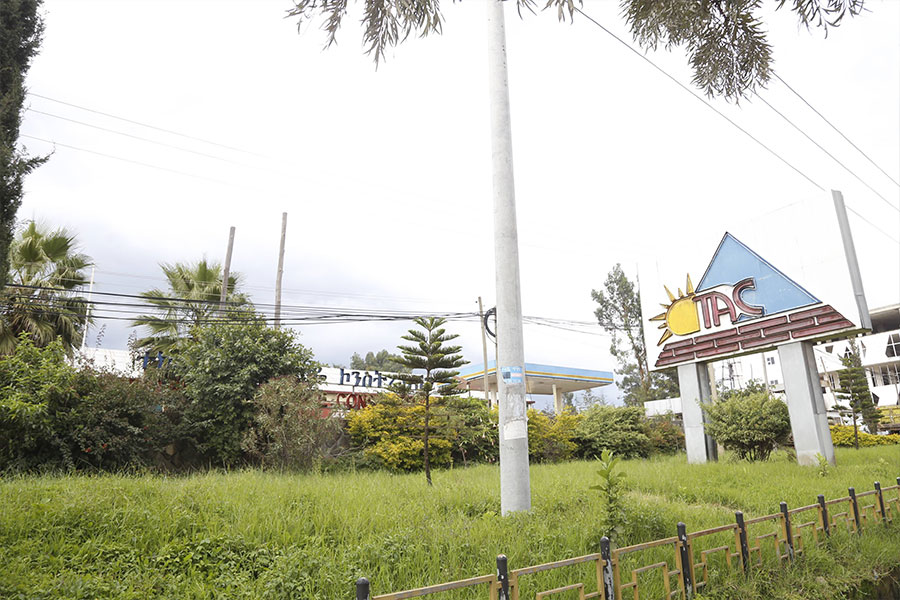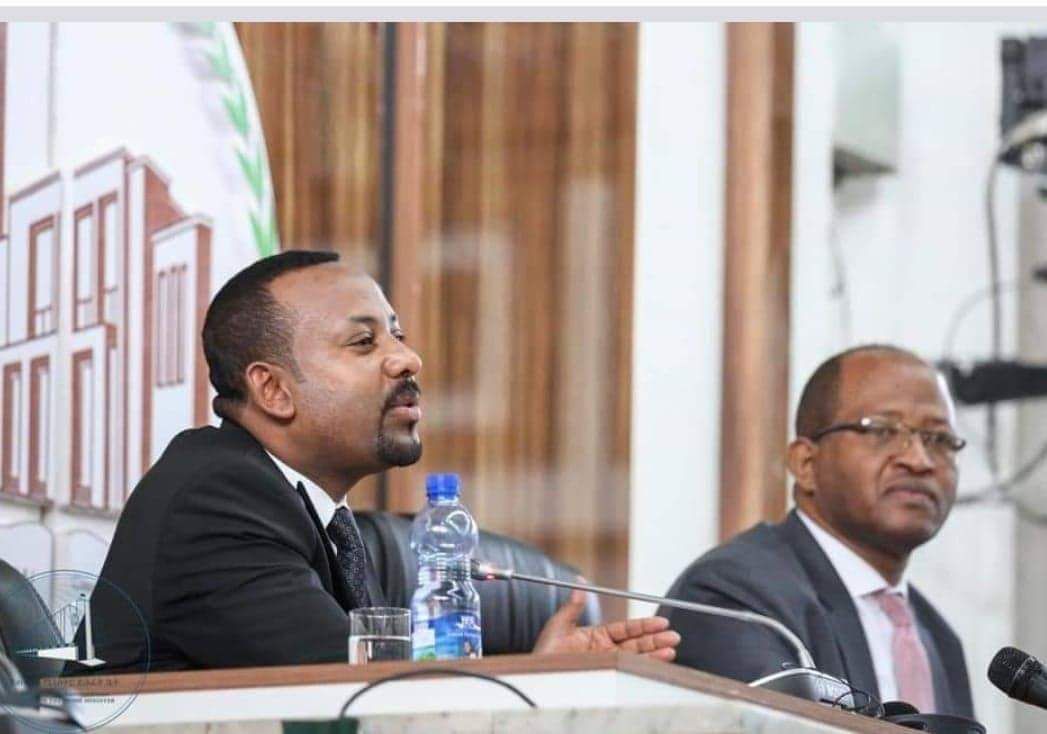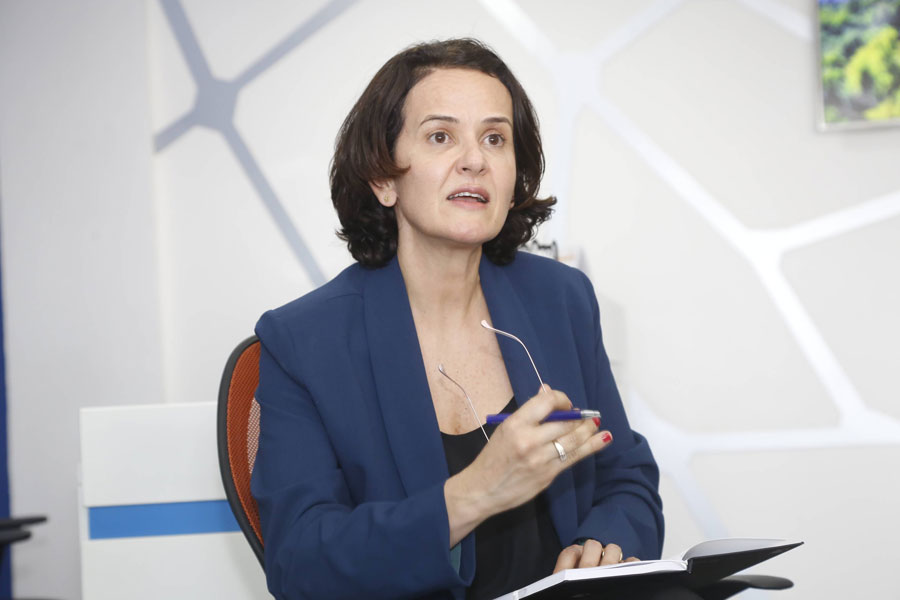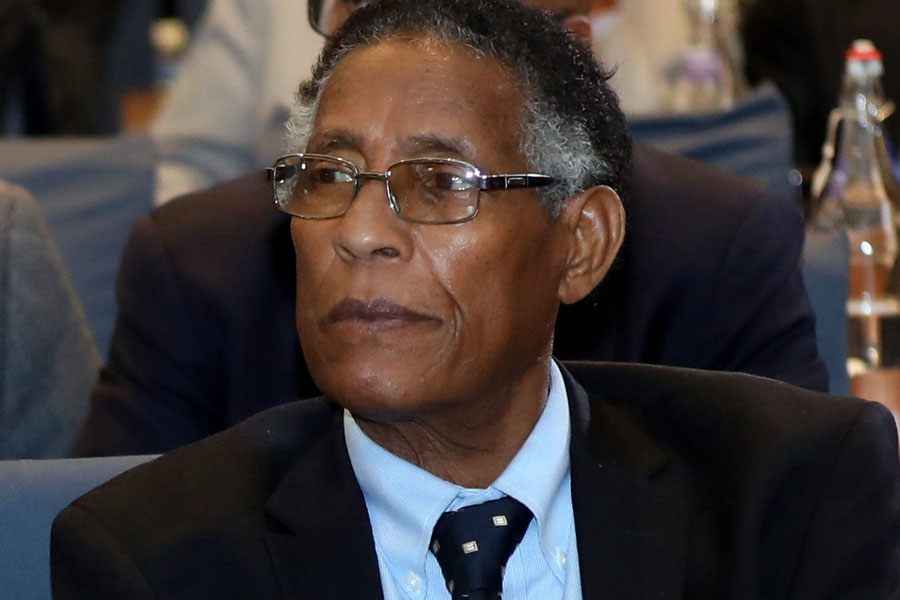
Films Review | Jul 13,2019
Leulseged Teferi had a saying that informed his understanding of various matters. He would listen to an explanation of an issue. He would then hold his palm out and say, “now look at the other side.” This was important to him. It could be a good or a bad thing, but by looking at the other side, it is possible to comprehensively assess at what cost it came or what it means from another perspective.
It is part of the reason that his colleague and longtime friend, Mekdes Aklilu, board chairperson of Nile Insurance, says he was “prudent.” The other cause is that Leulseged was laser-focused, more than a fair statement for a man that spent almost half a century in the finance sector.
“He was never all over the place but always finished what he started,” says Mekdes, observing that Leulseged’s entire career was dedicated to finance.
It was no coincidence then that his passing sounded an end of an era for Ethiopia’s early decades of financial modernisation. After a few years of health struggles, despite being active in the industry, Leulseged, father of four, passed away on February 3, 2022, and was laid to rest at Sahlite Mehiret Mariam Church, near the CMC area the next day.
Ironically, the future finance guru started his career as the finance sector became constricted. He was born in the late 1940s in what is now the Ilubabor Zone of Oromia Regional State. A good student, he received admission into the then Haile Selassie University and graduated in business administration.
Right after graduation, he was hired at the Commercial Bank of Ethiopia (CBE), then, as now, the largest financial institution in the country. But this was 1973. The following year, Imperial Ethiopia would be no more, and communism would be instituted as state socio-political ideology. For the finance sector, it was a disaster as the growth of a modest stock market and private banking was nipped in the bud. All financial intermediation activity was effectively brought under the state.
It did not hold Leulseged back too much. He started as an inspector at the CBE and then rose through the ranks, all the way to assistant manager of branch operations by the early 1980s. His journey in the finance sector finally landed him at the Ethiopian Insurance Corporation (EIC), where he served as manager of control services.
By the end of his career at the EIC, the Dergue had fallen and the country was to move from command to mixed market economy. During the transition years, he headed the Construction & Business Bank, later merged into the CBE, before briefly serving as general manager of the EIC. By then, a significant reform was undertaken in the finance sector, revolutionising the industry by creating competition and enriching the journey of Leulseged.
“We were looking for a CEO at the time,” says Mekdes, speaking about how Leulseged joined Nile Insurance.
As the CEO of the insurance firm, he helped guide their operations. Eventually, he joined Dashen Bank, another new private entrant into the finance sector. At the turn of the century, he was the president of Dashen, serving in the position for 13 years. By the time Leulseged departed, the Bank had the highest total capital among private banks at 1.4 billion Br, the second-highest number of branches after Awash, and over eight billion Birr in outstanding credit, which was also the highest among private banks.
Banking was not only about numbers but leadership and human capital development. One of Leulseged's best attributes for Mekdes was his strength in mentoring and coaching employees. It was a trait he brought home in raising his children.
“He always used his personal experience to teach us about life,” says Esete Leulseged, his daughter. “He was always there for us when we needed him.”
Taking his passion for human capital development, he established Leulseged Management Consultants, which conducted training for branch managers in private financial firms such as Awash and Oromia banks. He was also about to publish a memoir on leadership and career before he passed away.
“If all goes right, the book will be available soon,” says Esete.
PUBLISHED ON
Feb 19,2022 [ VOL
22 , NO
1138]

Films Review | Jul 13,2019


Fortune News | May 21,2022

Featured | Oct 16,2021

Fortune News | Jul 08,2019

Exclusive Interviews | Nov 06,2021

Radar | Jun 19,2021

Radar | Aug 26,2023

Obituary | May 21,2022

Fortune News | May 23,2021

Dec 22 , 2024 . By TIZITA SHEWAFERAW
Charged with transforming colossal state-owned enterprises into modern and competitiv...

Aug 18 , 2024 . By AKSAH ITALO
Although predictable Yonas Zerihun's job in the ride-hailing service is not immune to...

Jul 28 , 2024 . By TIZITA SHEWAFERAW
Unhabitual, perhaps too many, Samuel Gebreyohannes, 38, used to occasionally enjoy a couple of beers at breakfast. However, he recently swit...

Jul 13 , 2024 . By AKSAH ITALO
Investors who rely on tractors, trucks, and field vehicles for commuting, transporting commodities, and f...

Jul 12 , 2025
Political leaders and their policy advisors often promise great leaps forward, yet th...

Jul 5 , 2025
Six years ago, Ethiopia was the darling of international liberal commentators. A year...

Jun 28 , 2025
Meseret Damtie, the assertive auditor general, has never been shy about naming names...

Jun 21 , 2025
A well-worn adage says, “Budget is not destiny, but it is direction.” Examining t...